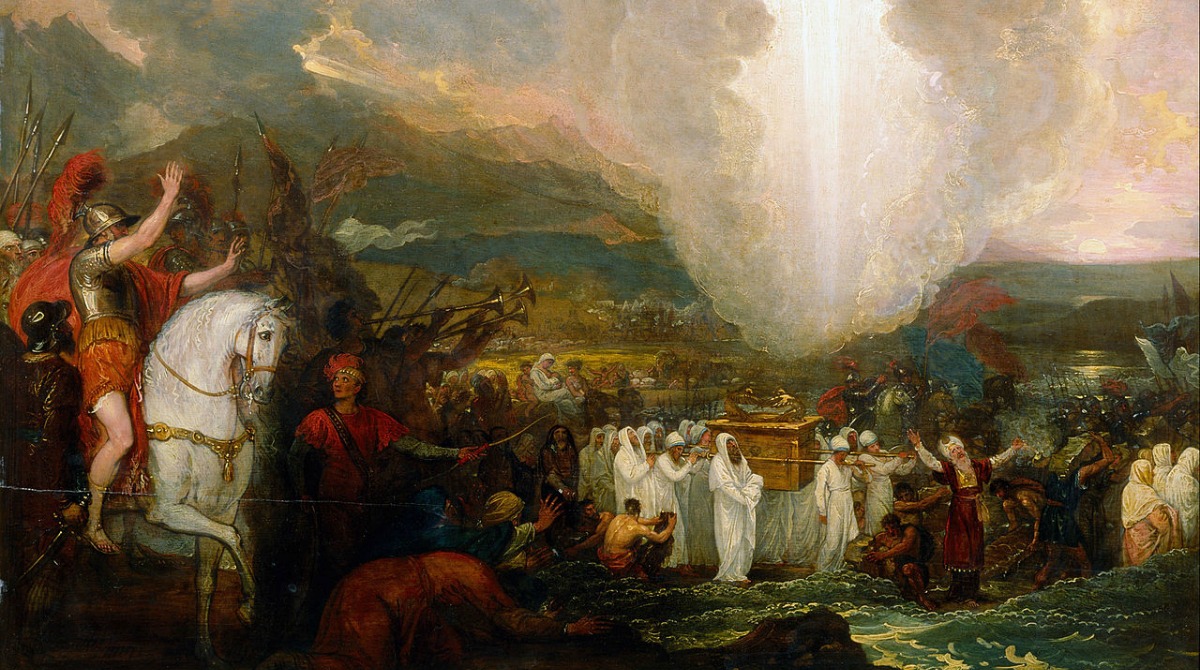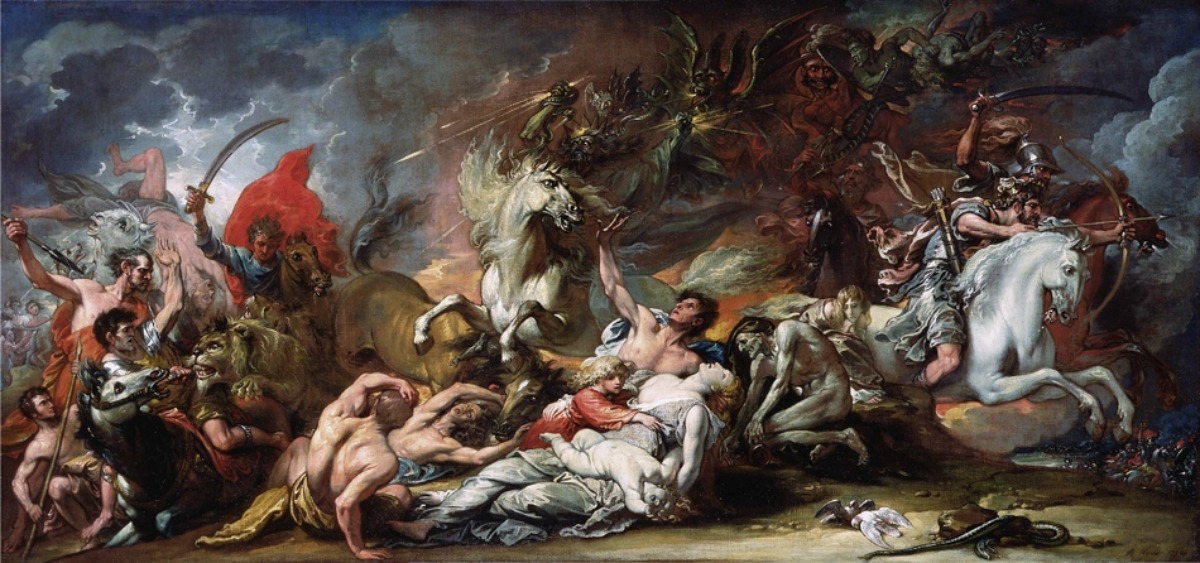Nationalism has been a dirty word for too long
There are many different definitions of nationalism. In his new book, The Virtue of Nationalism, Yoram Hazony defines it as “a principled standpoint that regards the world as governed best when nations are able to chart their own independent course, cultivating their own traditions, and pursuing their own interests without interference”. The alternative, he says, is imperialism, which is inherently tyrannical through seeking to unite mankind under a single political regime.
If the nation state fails to survive, western society will revert to premodern tribalism: group fighting group for power and supremacy and deploying coercive measures to stifle opposition.
We can already see this happening. The onslaught by liberal universalists on the nation state has produced totalitarian identity politics, victim culture and brazen antisemitism once again stalking the corridors of Britain and Europe. Far from preventing bigotry and intolerance, the delegitimisation of the nation state and the corresponding demoralisation of western culture has in fact fomented them.
The desire of the vast majority to uphold their historic culture and identity, with democratically elected legislatures passing laws reflecting that shared national project, is not a route to the destruction of liberty, tolerance and decency. It is, in fact, the only way to defend them.
To read my whole Times column (£), please click here.




